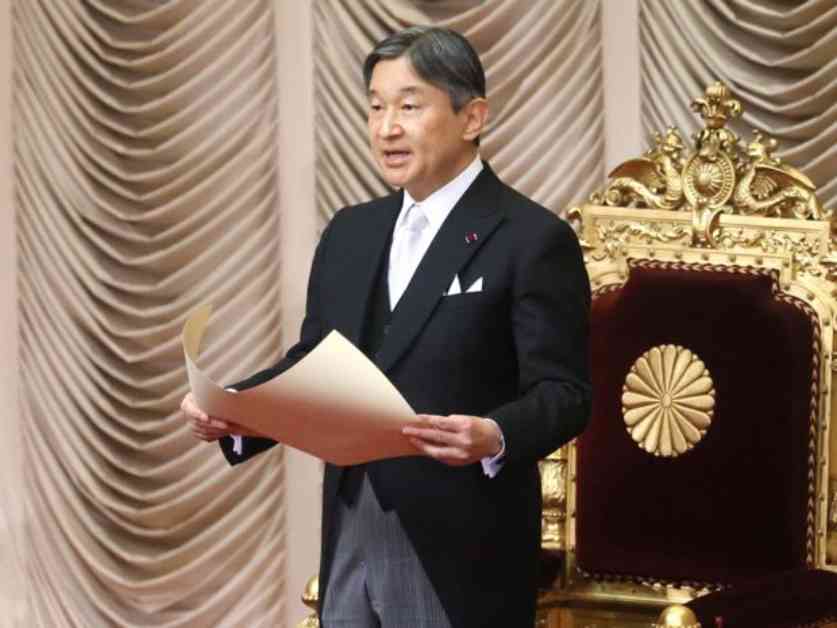The Japanese Imperial Family is facing a crisis, as revealed by Emperor Naruhito in a recent statement. The future of the family looks uncertain due to a lack of heirs and strict succession laws in Japan.
Emperor Naruhito expressed concerns about the decreasing number of male members in the imperial family, as they age and female members leave after marriage. While women can remain in the family if they marry a prince, there are no eligible suitors left. Additionally, strict succession laws in Japan prohibit women from ascending to the imperial throne, forcing them to relinquish their titles if they marry commoners.
With many royal family members aging, there is a decline in the number of individuals able to perform official duties. Emperor Naruhito, aged 64, emphasized the importance of revising official functions to address this issue. A recent survey showed that 90% of the population supports changing the law to allow women to inherit the throne.
In response to the crisis, Japanese politicians have debated potential solutions, but there has been no progress in allowing women to take on leadership roles. This situation has led to female members of the royal family, such as former Princess Mako, giving up their royal titles to marry commoners. Princess Mako, Emperor Naruhito’s niece, renounced her title in October 2021 to marry Kei Komuro, a commoner, foregoing the usual compensation given to royal women who lose their status upon marriage.
The couple’s wedding was low-key, without a reception or banquet, drawing comparisons to Prince Harry and Meghan Markle’s decision to step back from royal duties and live privately in the United States. Princess Mako’s choice to leave her royal status sparked public debate and highlighted the challenges faced by female members of the imperial family.
As the Japanese Imperial Family grapples with these issues, the need for modernizing succession laws and adapting to changing societal norms becomes increasingly urgent. The future of the family’s legacy hangs in the balance, with implications for the broader Japanese monarchy and its role in contemporary society.

